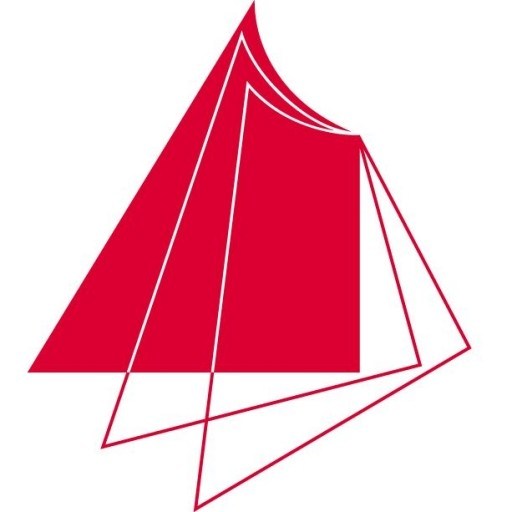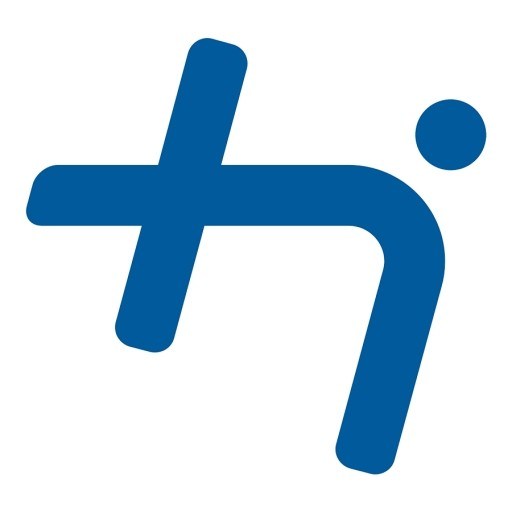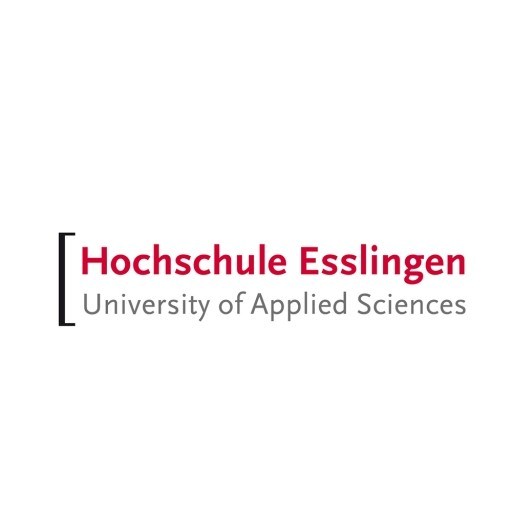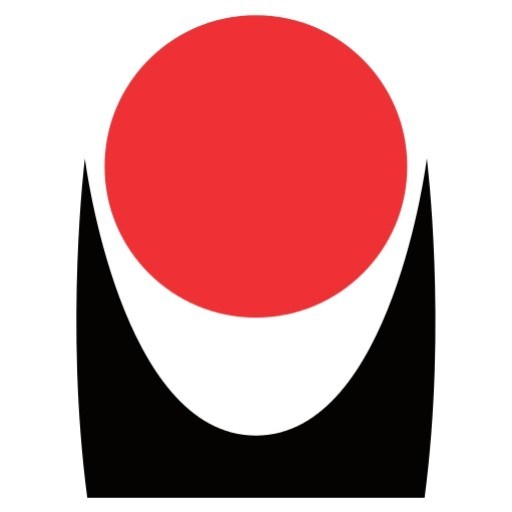Photos of university / #hochschule_karlsruhe
The Erasmus Plus Joint Degree in Mechatronic and Micro-Mechatronic Systems (EU4M) offered by Karlsruhe University of Applied Sciences is an innovative and multidisciplinary master's program designed to prepare students for the rapidly evolving field of mechatronics, micro-mechatronics, and advanced automation systems. This program emphasizes a comprehensive understanding of mechanical engineering, electronics, computer science, and control engineering, enabling graduates to develop complex and intelligent systems for various industrial applications. The curriculum is structured around a collaborative teaching approach shared among European partner universities, providing students with a truly international educational experience and fostering cross-cultural exchange. Students will have the opportunity to study courses across multiple institutions, gaining diverse perspectives and technical expertise in areas such as robotics, embedded systems, sensors, actuators, and industrial automation. The program includes practical laboratory work, industry internships, and project-based learning initiatives that connect theoretical knowledge to real-world challenges. Graduates will be equipped with the skills necessary to design, develop, and implement innovative mechatronic solutions, positioning them well for careers in sectors like automotive, manufacturing, aerospace, and robotics. Moreover, the program promotes sustainable engineering practices and encourages students to engage in research activities that contribute to technological progress and society’s needs. Upon successful completion, students receive a joint degree recognized across participating countries, enhancing their employability and academic mobility. The ErasmusPlus EU4M program is ideal for motivated students seeking an international learning environment and a robust foundation in sophisticated engineering disciplines, ultimately enabling them to become future leaders in the field of mechatronic and micro-mechatronic systems.
Educational organisation
The programme has a duration of four semesters. The first semester offers an advanced basic training in natural sciences and signal processing as well as a development of practical skills. Semesters two and three comprise in-depth studies in theory and lab at the university. Additionally, there are two internal projects to be worked on. The last semester is reserved for work on the thesis project in a research project at the university or with one of the industry partners of the department.Study abroad unit(s)
German students must complete their thesis project (last semester) abroad. Foreign students do the final project in Germany. Optionally, there is a dual degree programme with the VIT University in Vellore/India. Students taking part in this dual degree programme study their second year at VITU and obtain both degrees from both universities.Internships
Internships are not part of the curriculum.Forms of assessment
Most examinations in the first three semesters are written examinations and lab projects. After the thesis project presentation, an oral examination will be held. Each of the semesters covers 30 ECTS credit points.Course objectives
Graduates are able to design sensor systems, to coordinate the development of and to work on research and development of new sensors. As a result of their background in natural sciences, they are able to generate creative solutions at the intersection of environment and technical systems. Having acquired knowledge about sensor systems and signal processing, graduates may work in the occupational areas of physics, chemistry, electrical engineering, computer science, mechatronics, civil engineering, automotive engineering, environmental protection and medical technology.Language requirements
Excellent proficiency in the English languageTOEFL 550 (paper-based), 213 (computer-based), 83 (internet-based) or equivalent
Academic requirements
Bachelor's or equivalent degreeEnrolment fees
142 EUR per semesterCosts of living
Approx. 700 EUR per month to cover personal expensesJob opportunities
Several student jobs are available in research projects at the faculty as well as at other universities, companies and research institutes in and around Karlsruhe.Arrival support
Arrival support is provided by the university's International Office.Services and support for international students
Accommodation service; orientation programme; extensive study guidance, counselling by peers, tutors and professors; extensive programme of excursions and special events for international students.Accommodation
Students can apply for student housing through the Studierendenwerk (Student Services Office) at http://www.studentenwerk-karlsruhe.de/en/wohnen/. However, there is usually a waiting list for dormitory accommodation.The Studierendenwerk website also provides information about its extensive private accommodation service.









